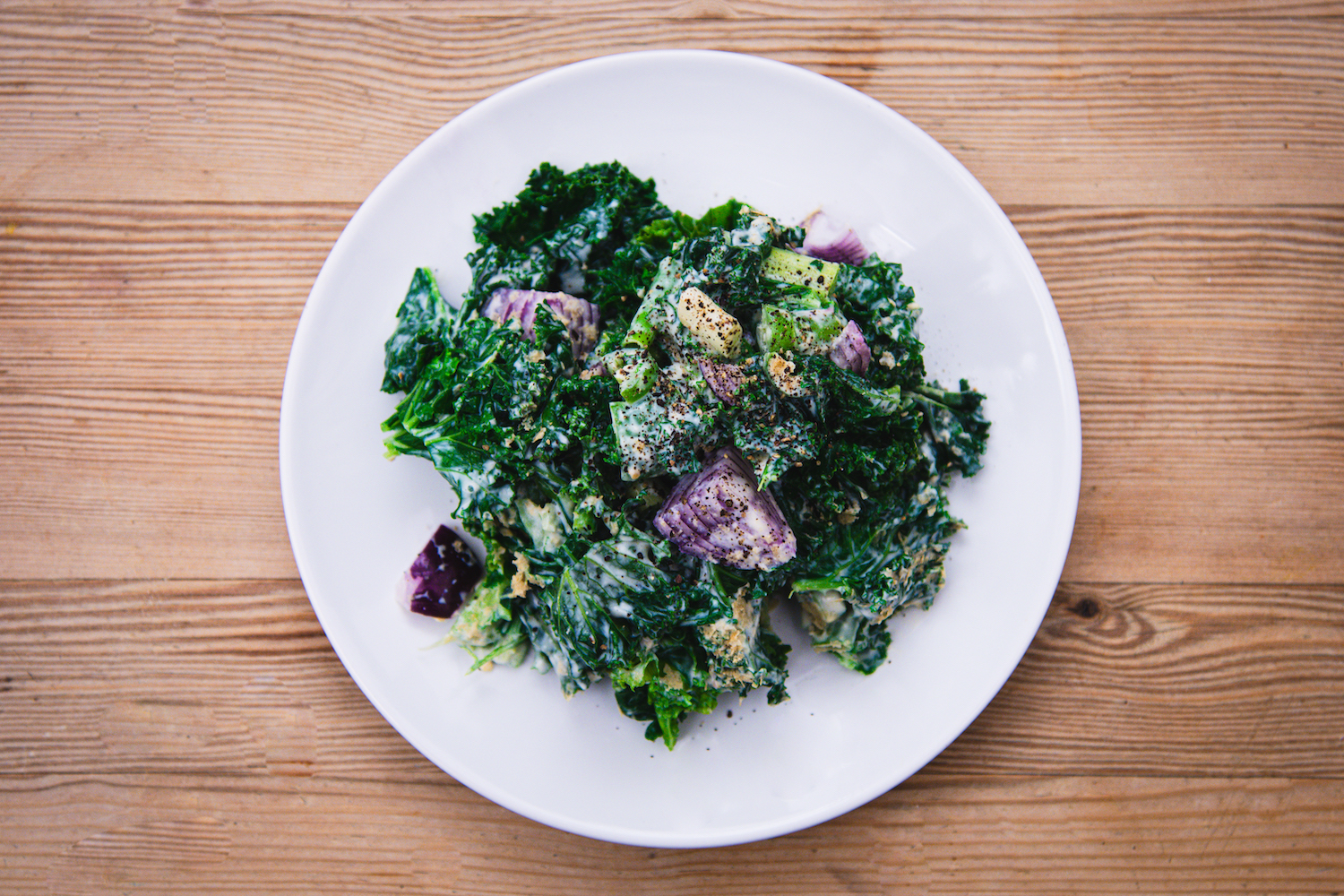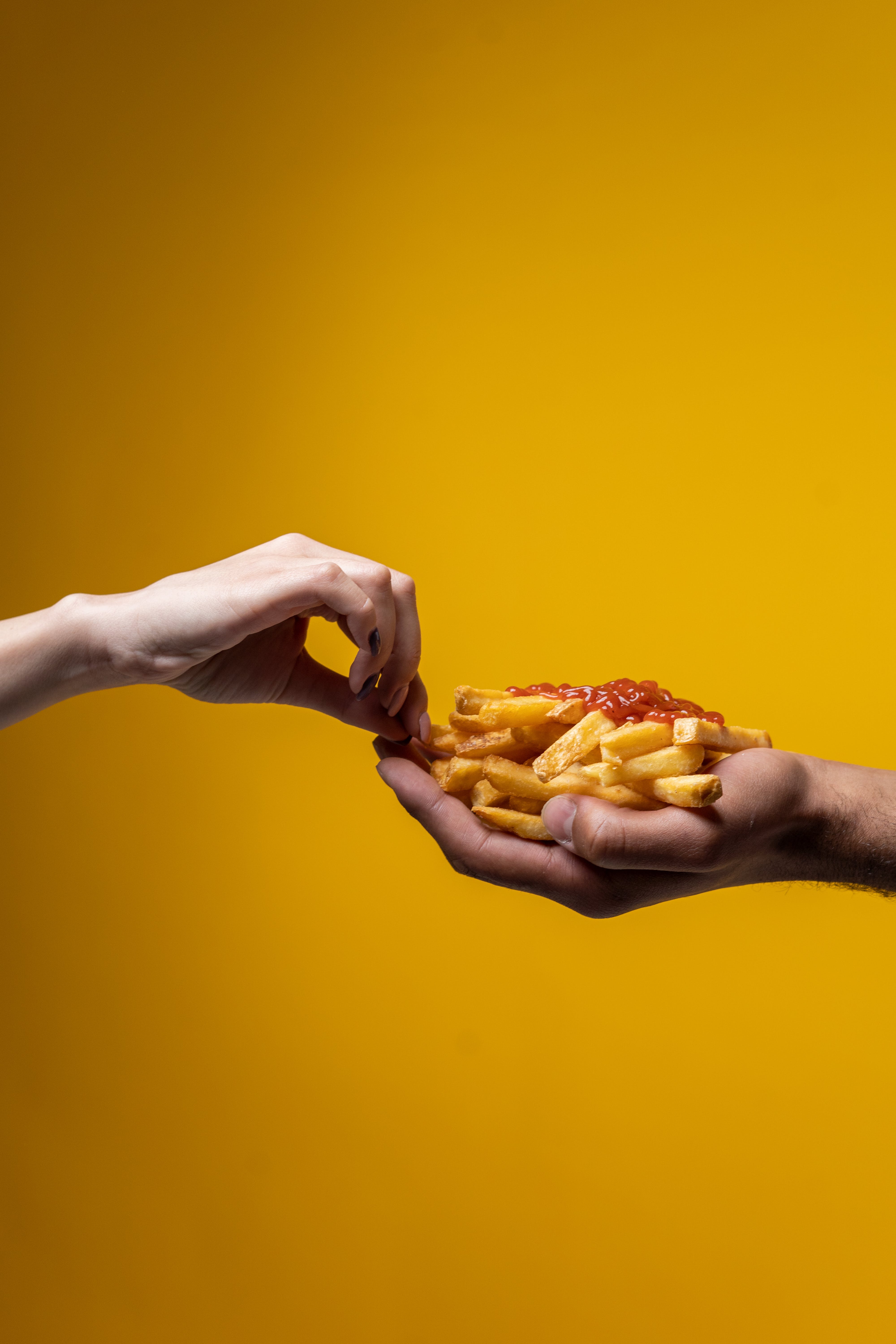Researchers from Harvard and UC San Francisco teamed up to decipher how the gut microbiome processes plant food when it’s eaten either cooked or raw. Turns out, there are marked cooking-induced changes in our microbial communities.
We’ve seen a wave of interest in raw food concoctions: raw nut bars, macaroons, crackers, and the like. We’re told eating uncooked vegetables can induce our weight-loss – no less because lettuce has approximately 0 calories! Nevertheless, even with raw veganism, paleo bread and the sorts, the fact remains: humans are the only species alive to chiefly cook their food. We humans cook everywhere, and have done so for millennia. No wonder that researchers believe our current microbiomes could be the result of generations of eating cooked food. Have we and our microbes both adapted to the pressures of cooking? Well, a group of researchers attempted to find out.
Beyond diet
Earlier studies have mostly focused on how different diets (vegan, vegetarian, meat-based) affected our gut microbiota. Researcher Peter Turnbaugh, PhD, an associate professor of microbiology and immunology, was surprised to find “no one had studied the fundamental question of how cooking itself alters the composition of the microbial ecosystems in our guts.” His seven-year collaboration with Rachel Carmody, PhD, an evolutionary biologist at Harvard study, sought to investigate just that.
Cooked vs. raw
Through the first part of their work, the researchers examined the impact of cooked versus raw food diets on the microbiomes of mice.
They fed them either raw or cooked meat, and raw or cooked sweet potatoes. They selected these foods since they had already been shown to succumb to changes in nutrients and other bioactive compounds as a result of cooking.
Consuming either the cooked or raw sweet potato diet produced fundamental alterations in the microbial composition, including the genetic activity of the microbes and the critical metabolites they produce. Notably, there was poorer gut bacterial diversity on a raw potato diet, as well as less bacteria overall, compared with the baseline.
Surprisingly, there were no discernible effects when the mice were fed either cooked or raw meat. Meanwhile, consuming either the cooked or raw sweet potato diet produced fundamental alterations in the microbial composition, including the genetic activity of the microbes and the critical metabolites they produce. Notably, there was poorer gut bacterial diversity on a raw potato diet, as well as less bacteria overall, compared with the baseline. These mice also had more Bacteroidetes, a type of bacteria that is central in the degradation of glycans, a form of sugar.
How should you prepare your food?
In light of these early results, the team decided to include a much greater diversity of plants in the prescribed diet: in addition to both raw and cooked sweet potato, adding corn, carrots, peas, white potatoes, and beetroot.
To identify differences, they carried out minute chemical analyses of the plant foods before and after cooking. From this, they compiled a list of potential contributors to the impact of cooking on the microbiome – something which is currently being explored in greater depth.
Yes, a diet high in raw plant food could change the composition of your gut bacteria. Still, that’s not only by affecting how much nutrients are available, but by also directly killing off specific bacterial species!
Meanwhile, going back to the current study, they noticed a host of alterations in the gut microbiome. This was due to the increased absorption of nutrients from cooked food, a result of higher starch digestibility. Notably, this meant there was less substrate for the colonic bacteria to feed on. And, since the antimicrobial substances in raw foods are often lost in cooking, causing distinct changes in the microbiome depending on whether you’re eating raw or cooked plant food. What’s more, with the changes in the gut microbiome, the energy status of the host changed too, across a range of starchy foods, since switching the different genes on and off produced altered metabolite patterns.
Raw food for weight loss
Changing diet also led to physical changes: weight loss on a raw food diet! The researchers wanted to know how weight loss was related to eating raw foods. To test this, they transplanted the microbiomes from the study animals into fresh mice consuming a diet of normal mouse chow. To the researchers astonishment, these mice actually put on weight! The scientists are still trying to figure this out.
So, what does all this mean?
Well, it seems that, yes, a diet high in raw plant food could change the composition of your gut bacteria. Still, that’s not only by affecting how much nutrients are available, but by also directly killing off specific bacterial species! Thus, a healthy diet must achieve a balance of these factors, and in so decide on the type of food included.
Ultimately, this study adds notable insights we can use to dissect more details on how to optimize our cooking habits to enhance gut health. Perhaps, in time, we will know how, and for how long, we should actually be preparing our food.





